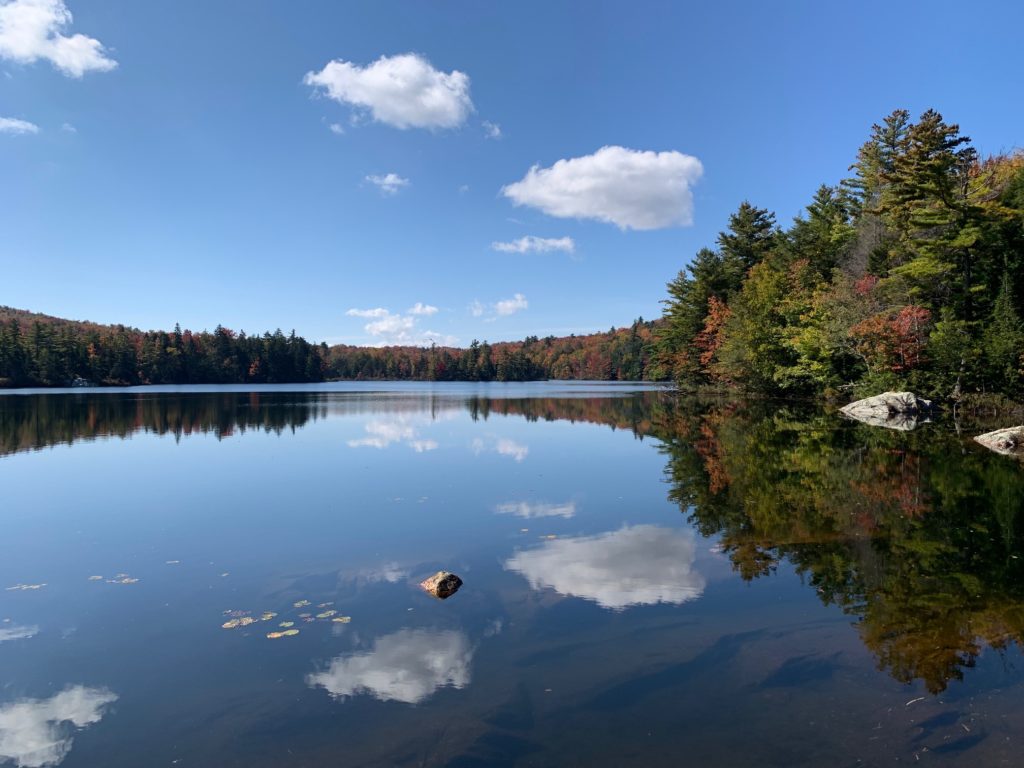NEH Entangled Ecologies: AR meets Shaker Forest
Entangled Ecologies, an NEH funded project, led by UMaine’s Joline Blais and Dartmouth colleague John Bell, creates an (AR) App that reveals the entwined histories and ecological systems of the Shaker Forest in Enfield, NH..


